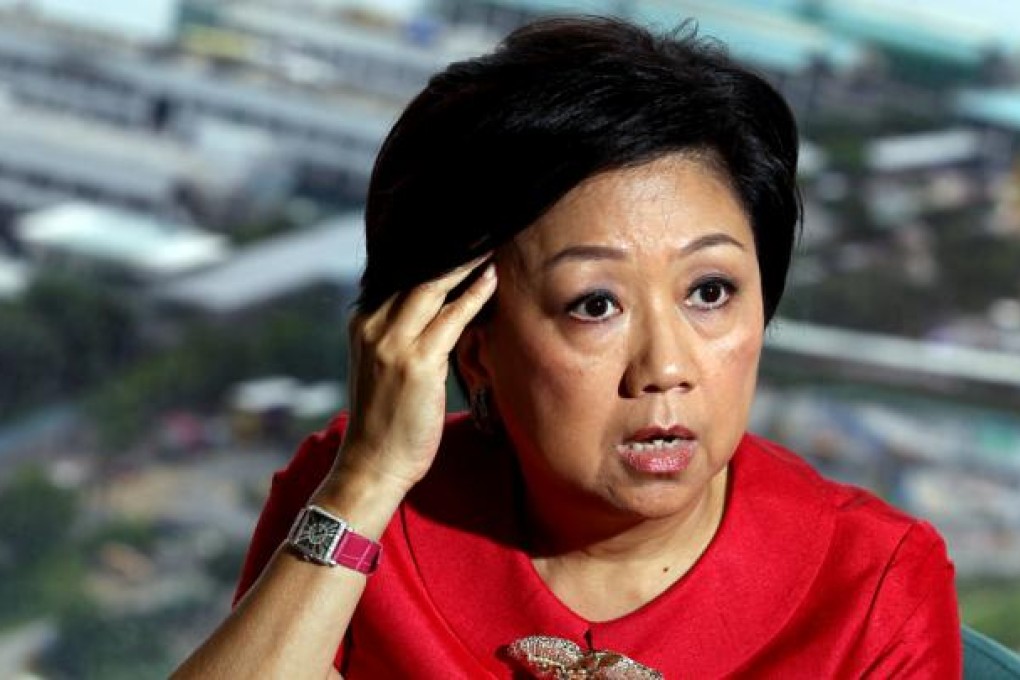Hong Kong's graft laws apply to Zhu Rongji's son and other members of new body
Body's status as a company had caused concern; members include five influential mainlanders

The son of former premier Zhu Rongji and other financial heavyweights appointed to the new Financial Services Development Council will be subject to the city's anti-corruption laws as if they were public officials.
A government spokesman said yesterday the 22-member council, which includes five influential mainlanders, would be treated as a "public body" as defined in the anti-corruption ordinance and all members would be treated as "public officers" subject to the scrutiny of the law.
Legislator James To Kun-sun had voiced concerns that the council, set up on Thursday, may escape the scrutiny usually given public bodies and its members because it is registered as a private company and may receive private donations to finance its operations.
Analysts said setting up the council as a private company was a way to fast-track it.
If it was set up as a statutory body, it might take years to receive lawmakers' approval, they said.
Its status as a private company means the council has no power to set policy or introduce fees, so it may have to rely on donations. It is also not qualified to negotiate with mainland and overseas governments.